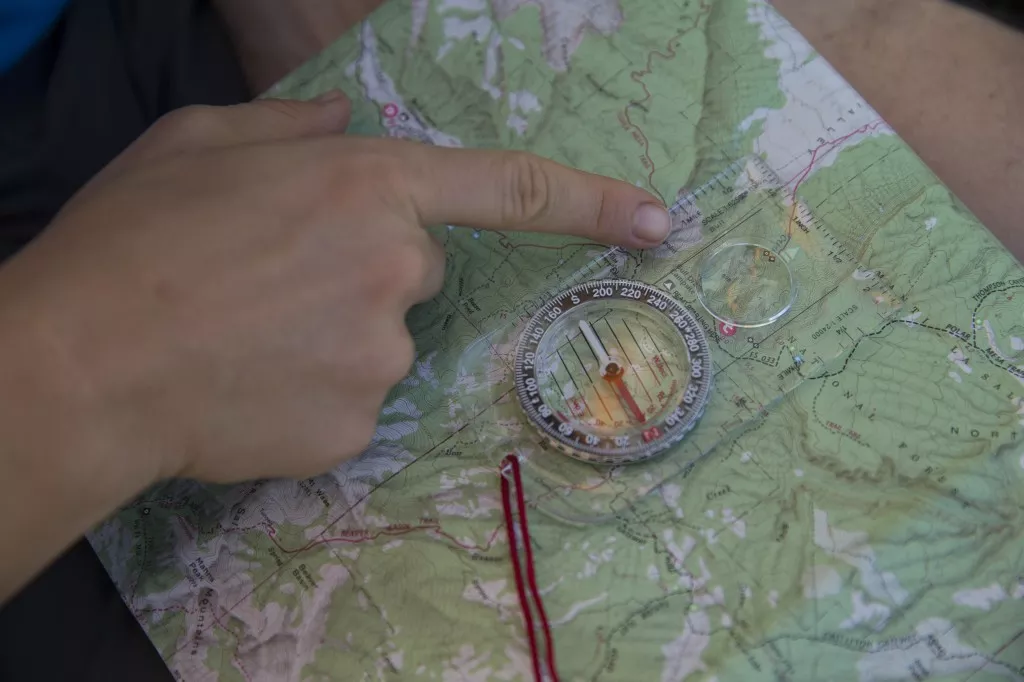How to Keep Your Compass Working Properly
A compass needle is a finicky thing. It has to be able to swing freely in a full circle, spinning in a near frictionless environment free of obstructions. The thin strip of metal has to be sensitive to be able to align itself with the Earth's magnetic fields, but its sensitivity also means that it can be thrown off either temporarily or practically permanently by what's around it.
Because precision is important (even a minor inaccurate reading at the start of your trip can translate to missing your goal by a great distance later on), you should take every precaution to ensure that your compass continues to function as best as possible. This means being aware of your surroundings when in the field and paying attention to how you store it when it's not in use.
Keep the following in mind to be sure you stay on course:
Metal that has a lot of iron in it known as ferrous metal can impact a compass. A large object such as a car or tower can draw the magnetized needle, making a precise reading difficult to secure. Even soil with a lot of iron in it can tweak your results. To minimize such distortion, be sure to use your compass a fair distance away from any known source of ferrous metal to ensure the most accurate bearings.
Similarly, electrical fields can make a getting a true compass reading difficult. Once again, cars can be the main culprits here. Basically, get away from your vehicle once you're ready to start some actual orienteering. Large objects such as power lines can interfere with an accurate reading, and smaller sources such as handheld electric devices can also prove to be a problem if they're in close proximity to the compass. Basically, keep your compass away from the sort of stuff you're heading into the wilderness to escape yourself.
Just as metal and electricity can temporarily befuddle a compass in the wild, the same factors can more seriously damage a compass if it sits next to them long-term. The longer you leave your compass on top of something ferrous, magnetic, or electrical, the greater the chance of the needle getting demagnetized which means it won't point the way toward magnetic north.
This should go without saying, but take care of your compass. Take care to not stack anything on it, drop it, or smash it. You may not be able to help it getting smacked if you slip on a trail and sit down hard on a rock with the compass in your pocket, but you can take care to store it somewhere that it will be relatively safe. A hard enough shock could cause a leak in the capsule holding the needle, which lets fluid out and air in. The reduced fluid and presence of increasingly larger bubbles will certainly interfere with the needle's ability to spin freely and provide an accurate reading. (Note that a small bubble, with a diameter of less than a quarter of an inch, may appear from time to time in the capsule. This can be attributed to changes in temperature and atmospheric pressure and shouldn't pose any sort of distortion problems.
Also, keep your compass away from direct heat sources. Don't leave it on the toaster at home or right on a rock in your campfire ring while out on a hike. The heat can melt the baseplate or capsule or, at the very least, distort some of the delicate equipment and lead to incorrect readings. Heat can expand the liquid in the capsule and damage the compass.
With proper care and storage, your compass will last you for a lifetime of adventures.
